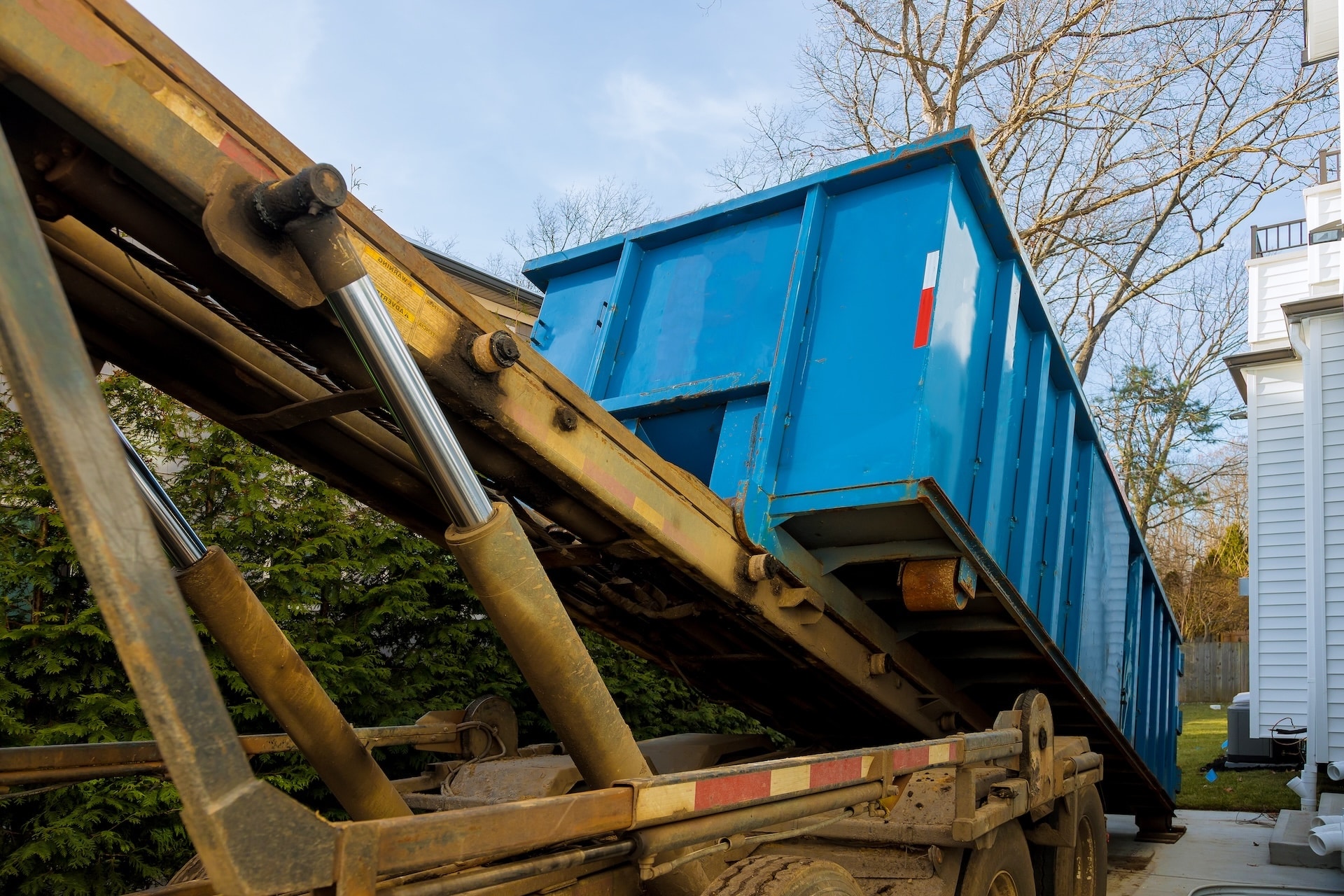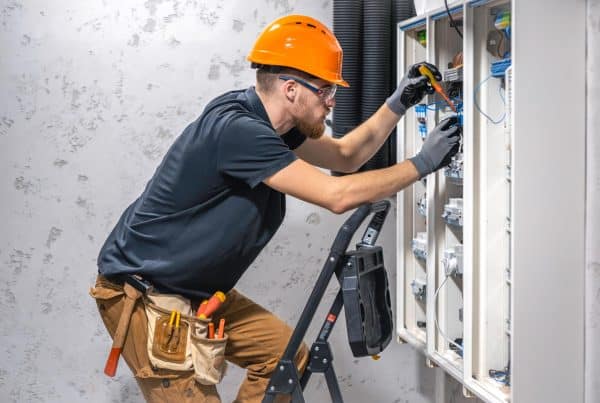Are you planning a home renovation project and concerned about the accumulation of waste and debris?
Do you need an efficient solution to manage this overwhelming mess?
Efficient skip bin hire is an excellent way to tackle the chaos of renovation waste, ensuring a clean and organized space during and after your project.
In this detailed guide, explore the essential do’s and don’ts of skip bin hire to make your renovation journey smoother and more efficient.
Skip Bin Hire: An Overview
Understanding Skip Bin Hire
Skip bin hire is a service that provides large bins for temporary use to dispose of various types of waste.
These bins are typically delivered to the desired location and picked up by the service provider once they are filled.
This convenient solution is ideal for handling substantial amounts of waste generated during home renovations.
Why Hire a Skip Bin?
Hiring a skip bin offers numerous benefits during home renovations.
It ensures a clean worksite, minimizes the risk of accidents, and helps in efficient waste management.
Moreover, it provides an environmentally-friendly option for disposing of waste, as most skip bin hire services adhere to recycling and proper waste disposal protocols.
Do’s of Skip Bin Hire
Do Assess the Size of the Bin You Need
Estimating the correct size of the skip bin required for your project is crucial.
Selecting a bin that is too small can lead to additional hire costs due to multiple pickups, while an oversized bin may take up unnecessary space and incur a higher rental fee.
Use the table below to choose the right skip bin size:
| Renovation Type | Recommended Bin Size |
|---|---|
| Small Bathroom Remodel | 2-4 cubic meters |
| Kitchen Renovation | 4-6 cubic meters |
| Full House Redesign | 8-10 cubic meters |
Do Inquire About Permits
Before placing a skip bin on public property, such as streets or footpaths, it is essential to check with your local council about permit requirements.
Failing to obtain the necessary permits can result in fines and other legal complications.
Do Sort Your Waste
Sorting waste before placing it into a skip bin can greatly enhance the efficiency of waste disposal.
Certain materials, like paints, chemicals, and hazardous waste, generally require special handling and cannot be disposed of in a regular skip bin.
Segregating these materials beforehand can prevent potential problems and ensure compliance with waste disposal regulations.
Don’ts of Skip Bin Hire
Don’t Overfill the Bin
Overfilling a skip bin is a common mistake that can lead to logistical issues and additional charges.
Most skip bin hire services have strict policies regarding load limits, and exceeding these can result in fines or refusal to collect the bin.
Don’t Dispose of Prohibited Items
Before using a skip bin, familiarize yourself with the list of prohibited items provided by the skip bin hire service.
Typical prohibitions include:
– Hazardous Waste: Chemicals, paints, asbestos.
– Electronic Waste: TVs, computers, other electronics.
– Medical Waste: Needles, pharmaceuticals.
Improper disposal of these items can pose environmental hazards and result in extra charges.
Don’t Forget Accessibility
Position the skip bin in a location that is easily accessible for loading, yet does not obstruct traffic or restrict other access areas.
Clear paths will make it simpler and more efficient to transfer waste into the skip bin, saving time and effort.
Ensure the collection truck has plenty of room to maneuver when retrieving the full skip bin.
Don’t Neglect Environmental Regulations
Understanding and adhering to environmental regulations concerning waste disposal are vital.
Dumping unauthorized materials or ignoring recycling guidelines can lead to hefty fines and contribute to environmental damage.
Don’t Delay in Booking
Skip bins can be in high demand, especially during peak renovation periods.
Avoid delays and frustrations by booking your skip bin hire service well in advance, ensuring timely delivery and collection based on your project timeline.
Maximizing Efficiency During Renovations
Effective Waste Management
Implementing efficient waste management practices during renovations contributes significantly to the project’s success.
Organize waste streams, set a schedule for waste disposal, and educate workers on proper waste management practices.
Optimizing Space in the Skip Bin
Maximizing space within a skip bin requires strategic packing.
Where possible, break down large items and place them flat to conserve space.
Filling gaps with smaller items helps in utilizing the skip bin to its full capacity, minimizing the need for additional bins.
Timely Disposal
Regularly scheduling and adhering to waste disposal timelines is essential for keeping your renovation site tidy.
This includes frequent checks to track the bin’s fill level and timely coordination with the skip bin hire service provider for pickups.
Conclusion
Efficient skip bin hire can significantly ease the challenges associated with waste management during home renovations.
By following these do’s and don’ts, you ensure a seamless experience that maintains safety, complies with regulations, and adheres to budget constraints.
This responsible approach not only streamlines your renovation project but also contributes positively to the environment.
Plan ahead, stay informed, and embrace best practices for an organized and hassle-free renovation journey.








